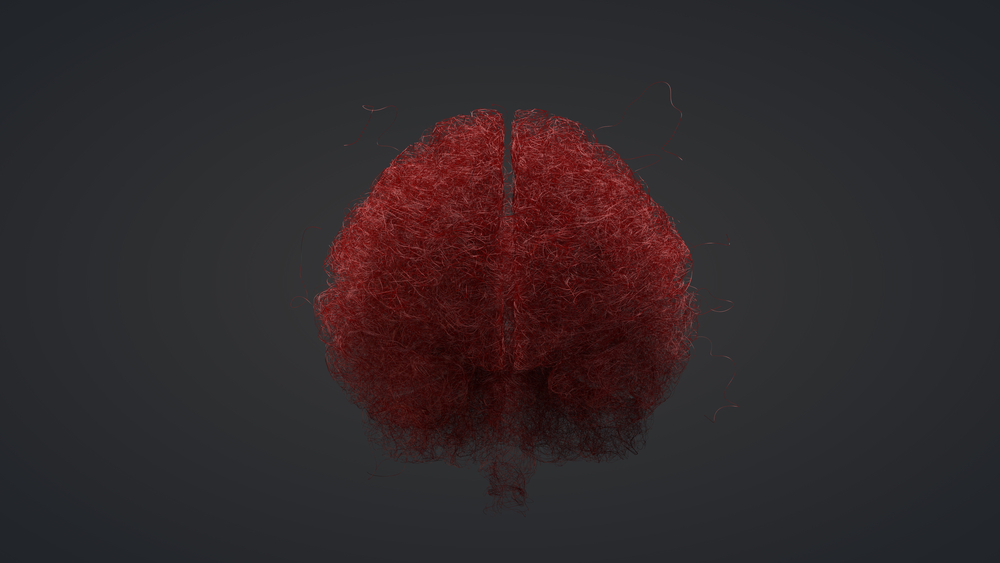Cognition Therapeutics Awarded $6.6M to Support 2 Elayta Trials for Alzheimer’s

Cognition Therapeutics has received two multi-year grants from the National Institute on Aging (NIA) totaling $6.6 million to fund two clinical studies of Elayta (CT1812), Cognition’s lead candidate for the treatment of mild-to-moderate Alzheimer’s disease.
Elayta is a brain-penetrating small molecule with a unique disease-modifying mechanism of action. The compound protects synapses — tiny connections between nerve cells that allows them to communicate — by displacing beta-amyloid oligomers from their binding sites on nerve cells. Beta-amyloid is the protein that accumulates in the brains of Alzheimer’s patients and causes nerve cells to die.
In preclinical models of Alzheimer’s, the oral investigational compound restored synapse numbers and improved memory function. In a Phase 1b/2a clinical study (NCT02907567), Elayta significantly reduced concentrations of synapse damaging proteins in the cerebrospinal fluid of Alzheimer’s patients, improving the activity of patients’ brain cells.
The NIA grant will help fund the Phase 1 target-engagement SNAP study (NCT03522129) and the Phase 1/2 synaptic-protection SPARC trial (NCT03493282). Both trials are currently recruiting and are expected to begin dosing patients this year.
The SNAP trial is a multicenter, randomized, double-blind, placebo-controlled, study in 18 adults with mild-to-moderate Alzheimer’s who will receive a single dose of either Elayta or placebo.
At the end of the study, patients’ cerebrospinal fluid and blood plasma beta-amyloid and Elayta levels will be monitored to determine if treatment with Elayta induces decreased beta-amyloid aggregates in brain nerve cells.
The study will be conducted at the University of Pennsylvania.
The SPARC study is a synaptic protection trial that will compare changes in synapse density after administering Elayta or placebo in 21 Alzheimer’s patients, who will be randomized to receive treatment with one of two doses of Elayta or placebo once daily for 24 weeks.
Synaptic density will be determined at baseline, at 12 weeks, and at 24 weeks using positron emission tomography (PET) scans, a technique that measures physiological function based on the detection of radioactivity emitted after a small amount of a radioactive tracer is injected into patients’ blood.
The study will be conducted at the Yale Alzheimer’s Disease Research Unit.
“We are working with three esteemed investigators on these studies: Yvette I. Sheline, MD, at the University of Pennsylvania for SNAP, and Christopher H. van Dyck, MD, at the Yale Alzheimer’s Disease Research Unit and Richard E. Carson, PhD, at the Yale PET Center for SPARC,” Susan Catalano, PhD, principal investigator on both NIA grant awards, said in a press release.
“Drs. Sheline, van Dyck and Carson are leaders in their fields and pioneers in neurocognitive disorder research,” she said. “Their insights into Elayta’s mechanism of action have been invaluable, and we look forward to working with these experts and their colleagues to advance our understanding of Elayta and the underlying mechanisms of Alzheimer’s disease.”
Kenneth I. Moch, Cognition’s president and CEO, said the NIA grants are an “important validation of and support for our novel scientific and clinical approach to treating Alzheimer’s disease.
“The Institute has been a longtime supporter of Cognition’s research efforts, without which we may not have achieved the research and development milestones that we have reached to date,” he said.
In October 2017, Elayta was granted fast track designation by the U.S. Food and Drug Administration.






